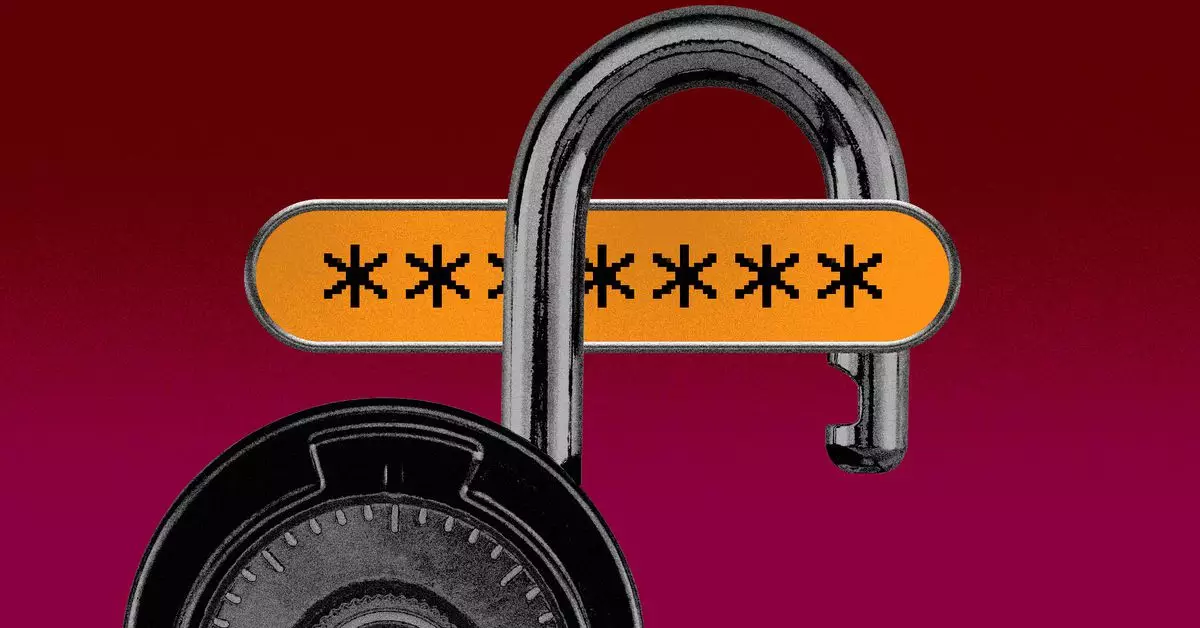In an age where cybersecurity breaches are increasingly common, the spotlight on security measures has never been more crucial. Recently, Okta, a prominent identity and access management service, disclosed a peculiar vulnerability that raises questions about the effectiveness of security protocols in place. The incident, which was revealed on a Friday evening, underscores the complexities and potential pitfalls of digital security, particularly in systems that handle sensitive user information.
The vulnerability comes to light as it was discovered that users could log into their accounts using only their usernames if certain conditions were met—specifically, when the usernames exceeded 52 characters. This odd allowance seems counterintuitive to basic security principles, which typically expect a valid password in conjunction with a username for access. The conditions for exploitation included factors such as the organization’s authentication policy not mandating multi-factor authentication (MFA) and the system accessing a cache from a previous, successful login attempt.
The technical specifics reveal that the issue originated from the generation of cache keys for AD/LDAP, with the Bcrypt algorithm being deployed inadequately. Under high traffic or when the authentication agent was down, it led to a situation where the DelAuth system could authenticate a user based purely on their username and the cached credentials. This misuse of the Bcrypt hashing algorithm could compromise user accounts and poses a significant concern for any organization utilizing the service.
Okta acknowledged that this vulnerability had been present since a software update on July 23, prior to its resolution by replacing Bcrypt with PBKDF2. The fact that such a misconfiguration could go unnoticed for an extended period points to potential lapses in the company’s internal security policies and monitoring protocols. That many organizations may rely solely on user feedback to discover vulnerabilities indicates a troubling dependence on external reporting rather than proactive internal assessments.
Feeling the repercussions of this vulnerability, Okta has urged affected customers to scrutinize their system logs from the past three months, calling attention to the necessity for businesses to maintain vigilance in monitoring their cybersecurity frameworks. This reliance on users to unearth security threats suggests a need for a more robust internal system that persists in hunting for vulnerabilities.
The repercussions of such vulnerabilities extend beyond just Okta and its users. Each incident serves as a cautionary tale, impelling companies globally to reassess their safeguards against potential breaches. The landscape of digital authentication is fraught with risks, and organizations must adapt by not only implementing stronger algorithms but also maintaining a culture of continual improvement and rigorous testing of their security protocols.
The recent vulnerability disclosed by Okta serves as a stark reminder of the intricate and often precarious nature of cybersecurity. With identity management systems being pivotal in the digital age, it’s incumbent upon both service providers and users to remain alert, ensuring that the confidentiality and integrity of sensitive information are upheld against burgeoning threats. The shift from Bcrypt to PBKDF2 illustrates an important step forward, but the journey toward comprehensive cybersecurity is ongoing.


Leave a Reply